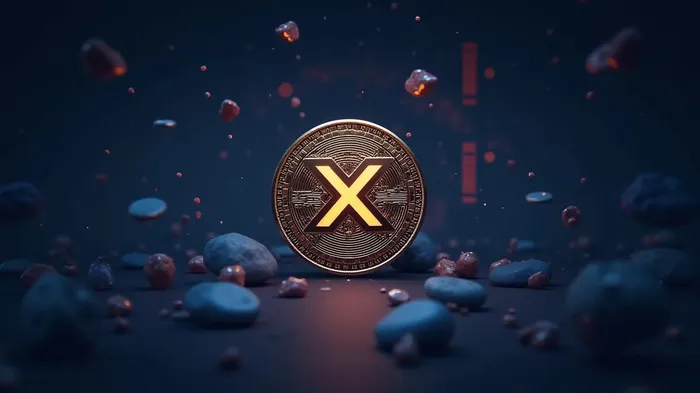BitMart Delists X Token, Reflecting Tighter Exchange Standards
On April 11, 2025, BitMart Exchange announced the delisting of the X token, a move that, while seemingly minor, indicates a significant shift in how centralized exchanges manage digital asset listings. BitMart cited internal compliance frameworks as the reason for the decision, highlighting an evolving listing policy aimed at enhancing security and regulatory adherence.
Investors have until June 11, 2025, to withdraw their X tokens, a period that underscores the need for flexibility in the volatile digital asset market. This delisting is part of a broader trend where exchanges are increasingly focused on maintaining high standards for listed tokens. Factors such as security audits, development activity, and legal standing are now crucial in the listing review process.
The delisting of the X token is not an isolated incident but part of a larger pattern where centralized exchanges are removing tokens with low liquidity or inactivity. This trend reflects the growing pressure on exchanges to ensure the quality of their listings and minimize risks for users. Over 120 digital assets were delisted by major platforms in the first quarter of 2025, primarily due to failing to meet volume benchmarks, stalled development, or potential compliance risks.
For retail investors, this trend serves as a wake-up call to regularly monitor the health and viability of their token investments. Exchanges are becoming more proactive in delisting tokens that pose risks, aiming to mitigate reputational and regulatory issues before they escalate. Token teams that lack communication, updates, or community engagement face the risk of being quickly phased out.
As regulatory clarity in the crypto market tightens, exchanges are refining their internal standards to stay ahead of potential issues. BitMart’s recent delisting is one of several examples of exchanges adopting self-governance measures in the absence of global crypto regulation. This shift suggests that token listings may become more exclusive, with retail traders likely to gravitate toward tokens that are both fundamentally strong and operationally compliant.
This silent reshaping of listings, while not always making headlines, represents the maturing of the digital asset ecosystem. As the industry evolves, token integrity and platform responsibility are becoming essential components, ensuring a more stable and secure environment for all participants.

Quickly understand the history and background of various well-known coins
Latest Articles
Stay ahead of the market.
Get curated U.S. market news, insights and key dates delivered to your inbox.



Comments
No comments yet